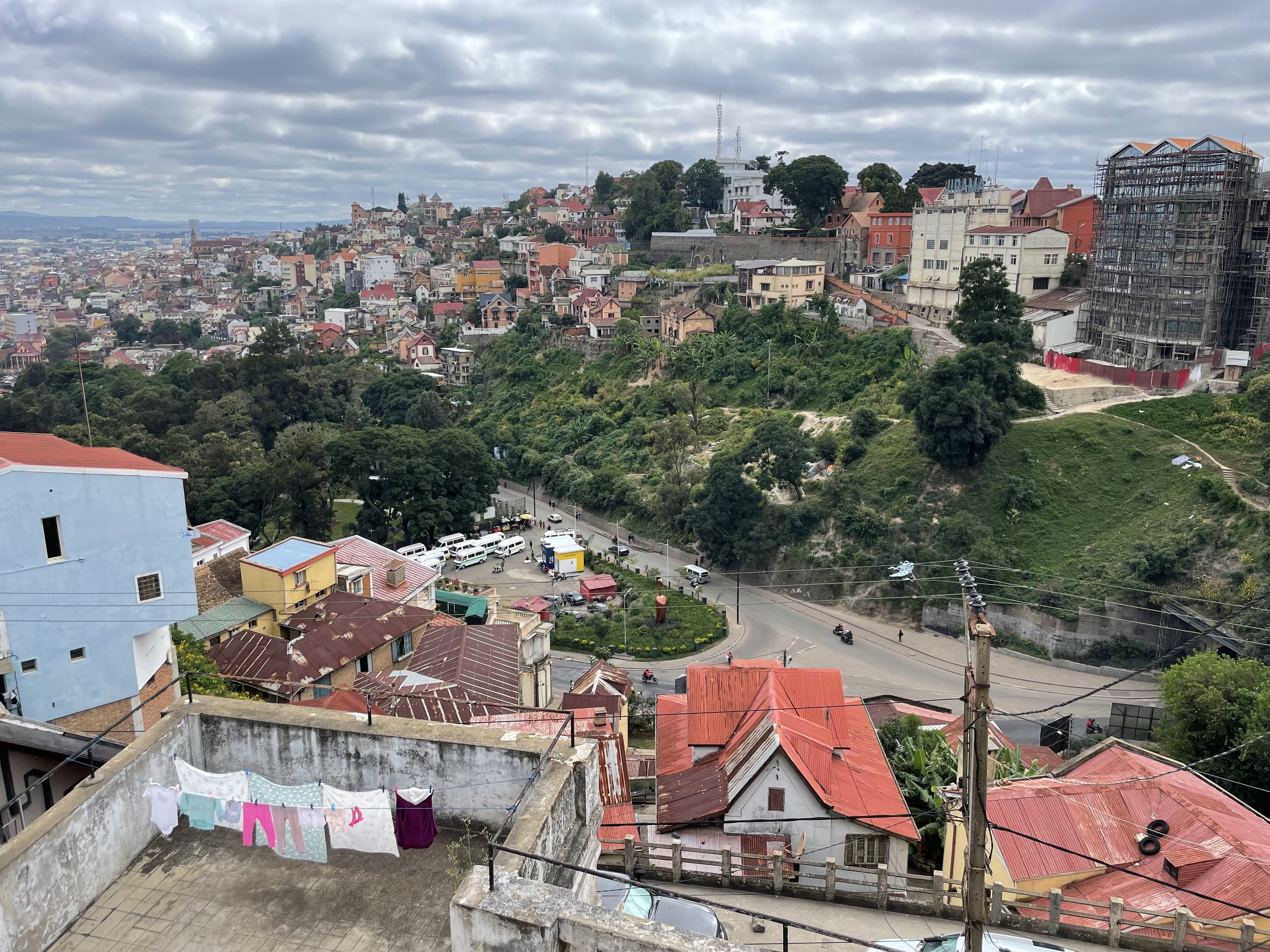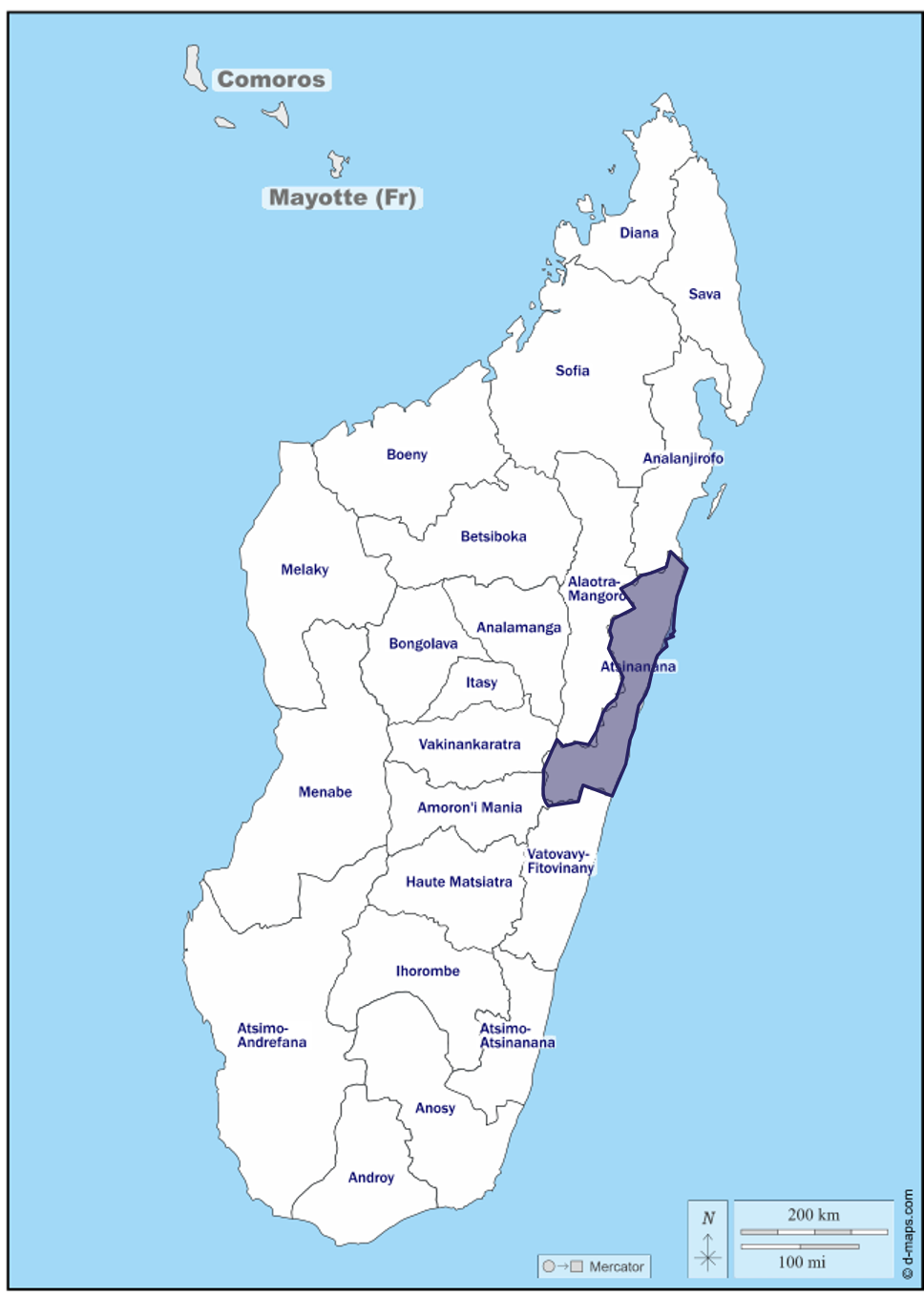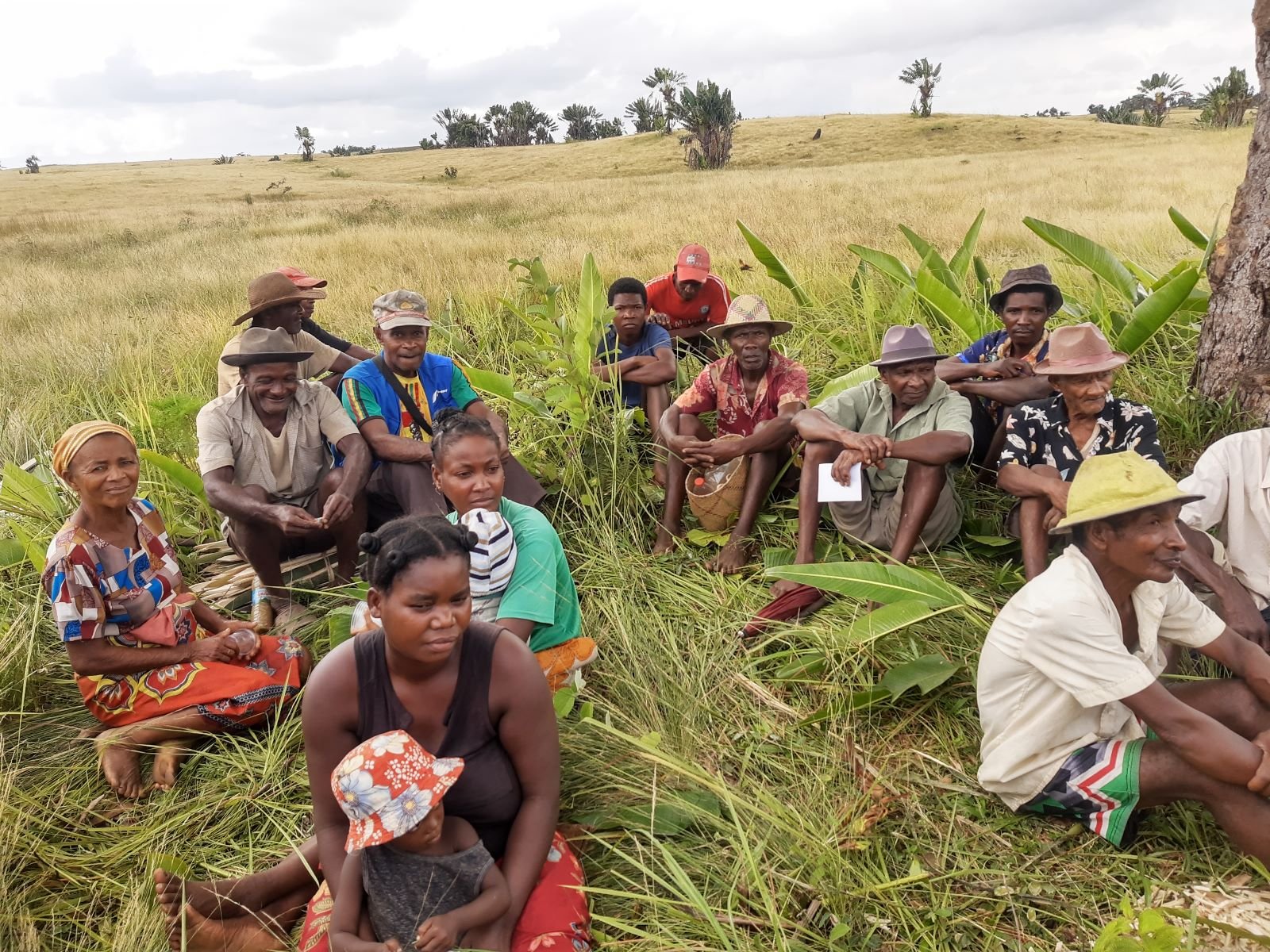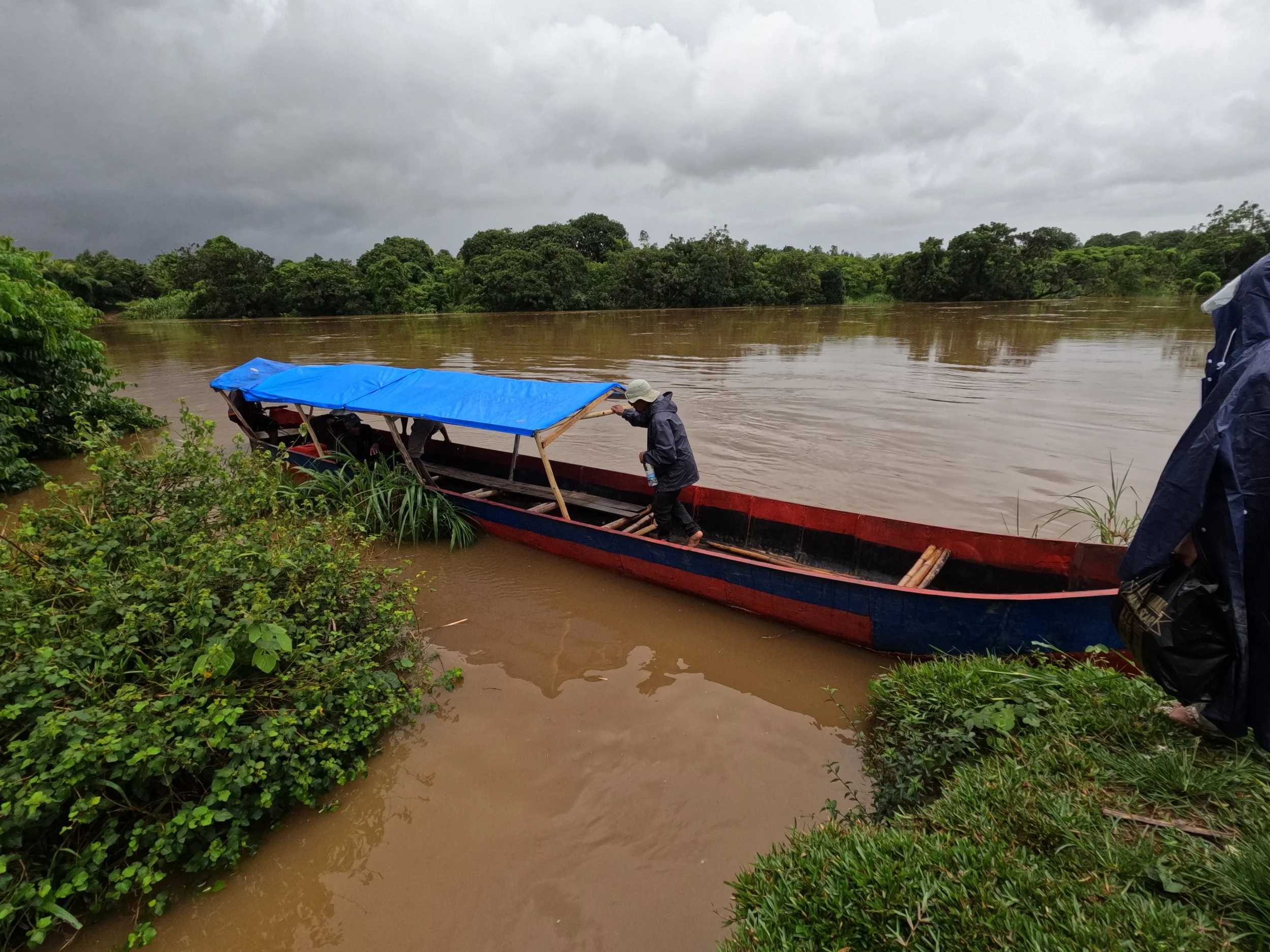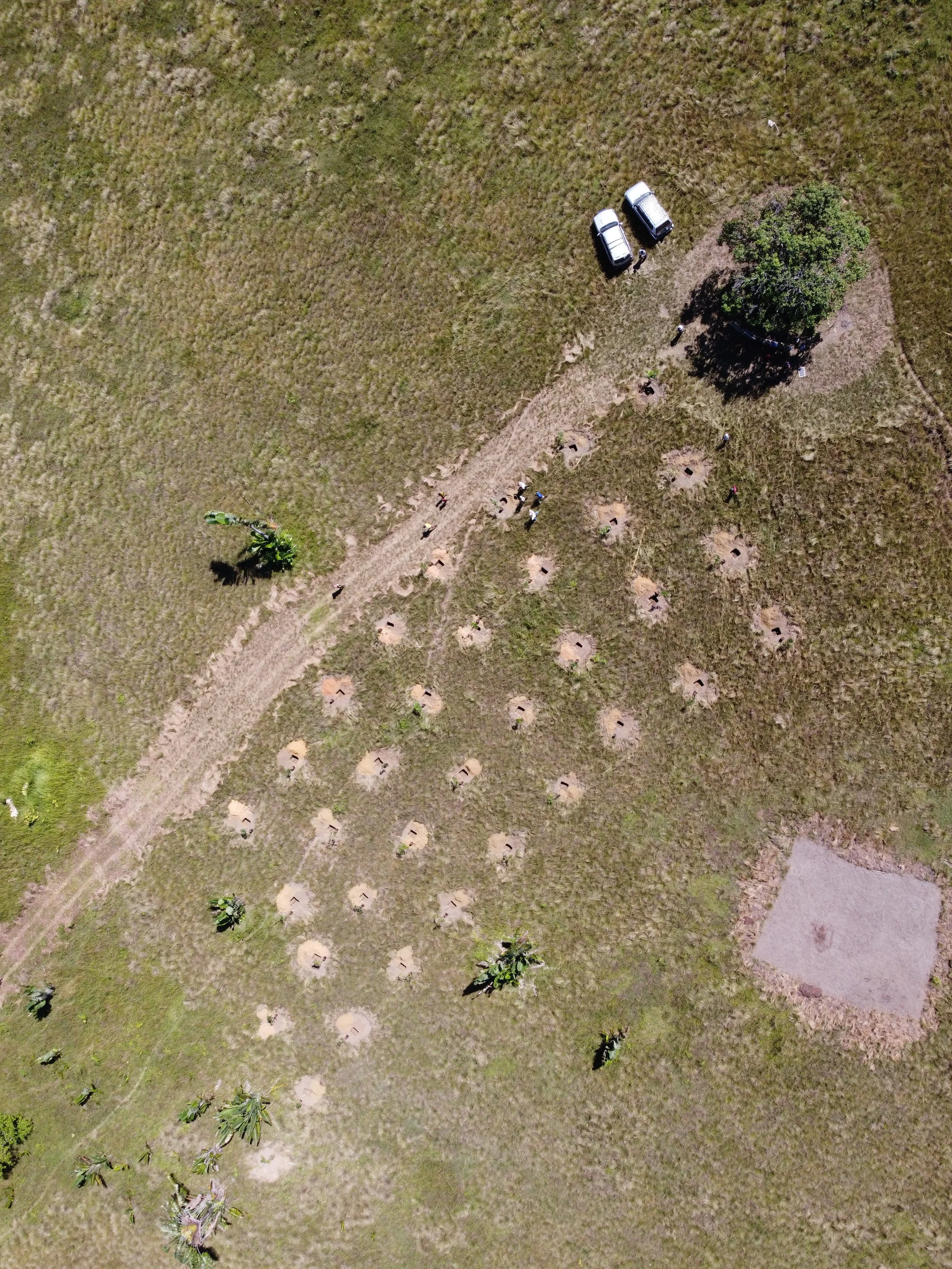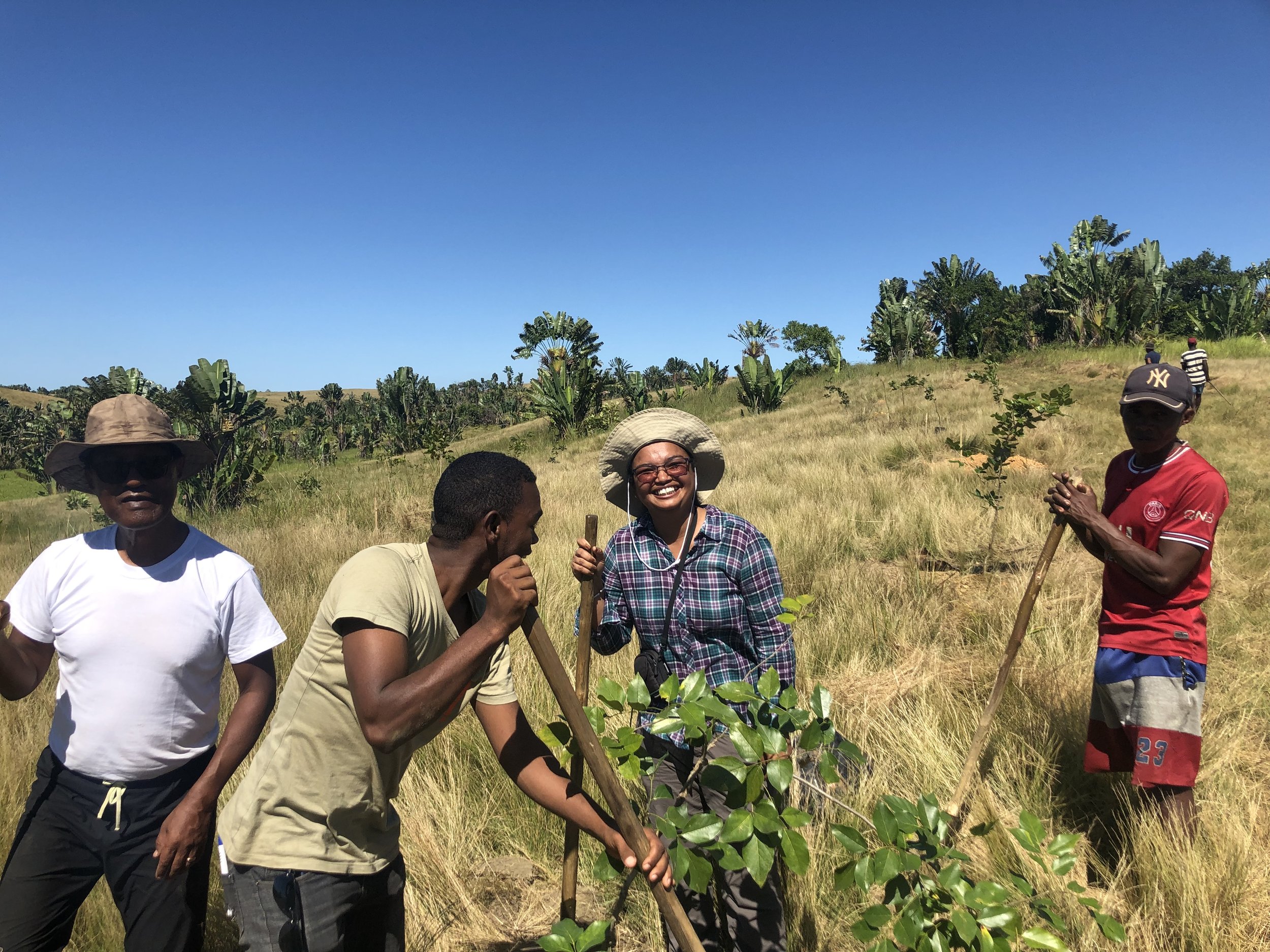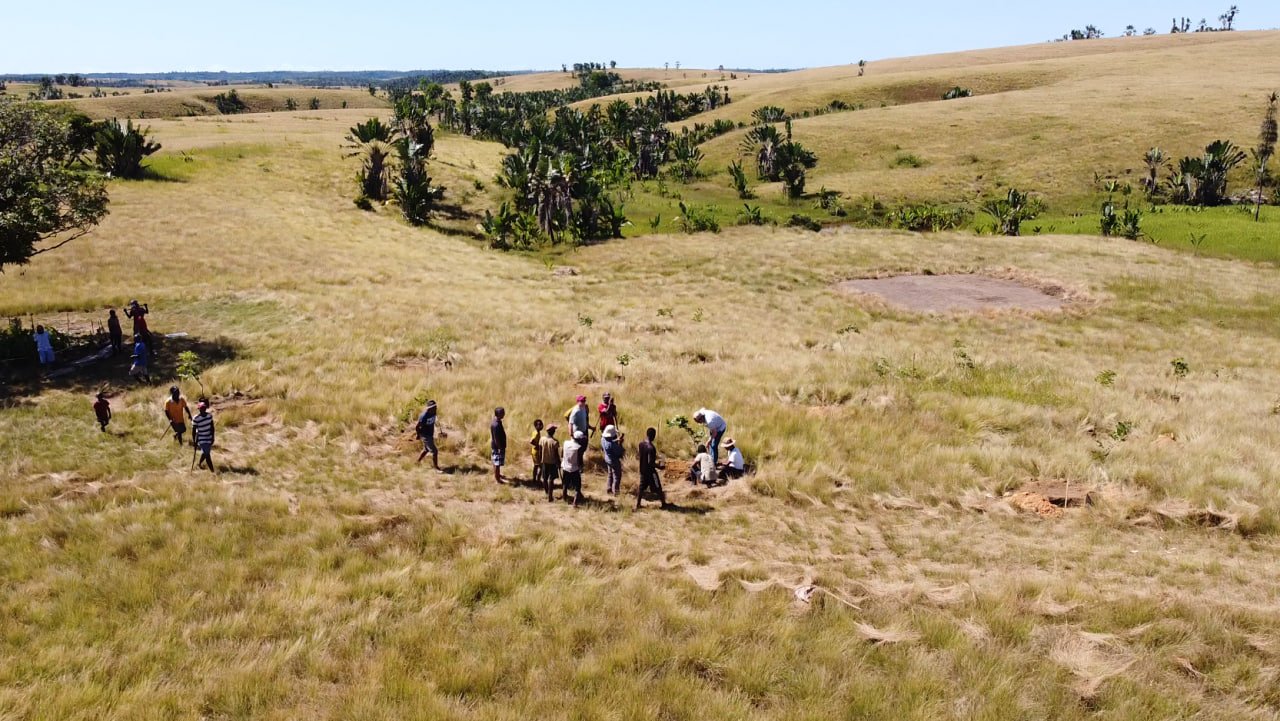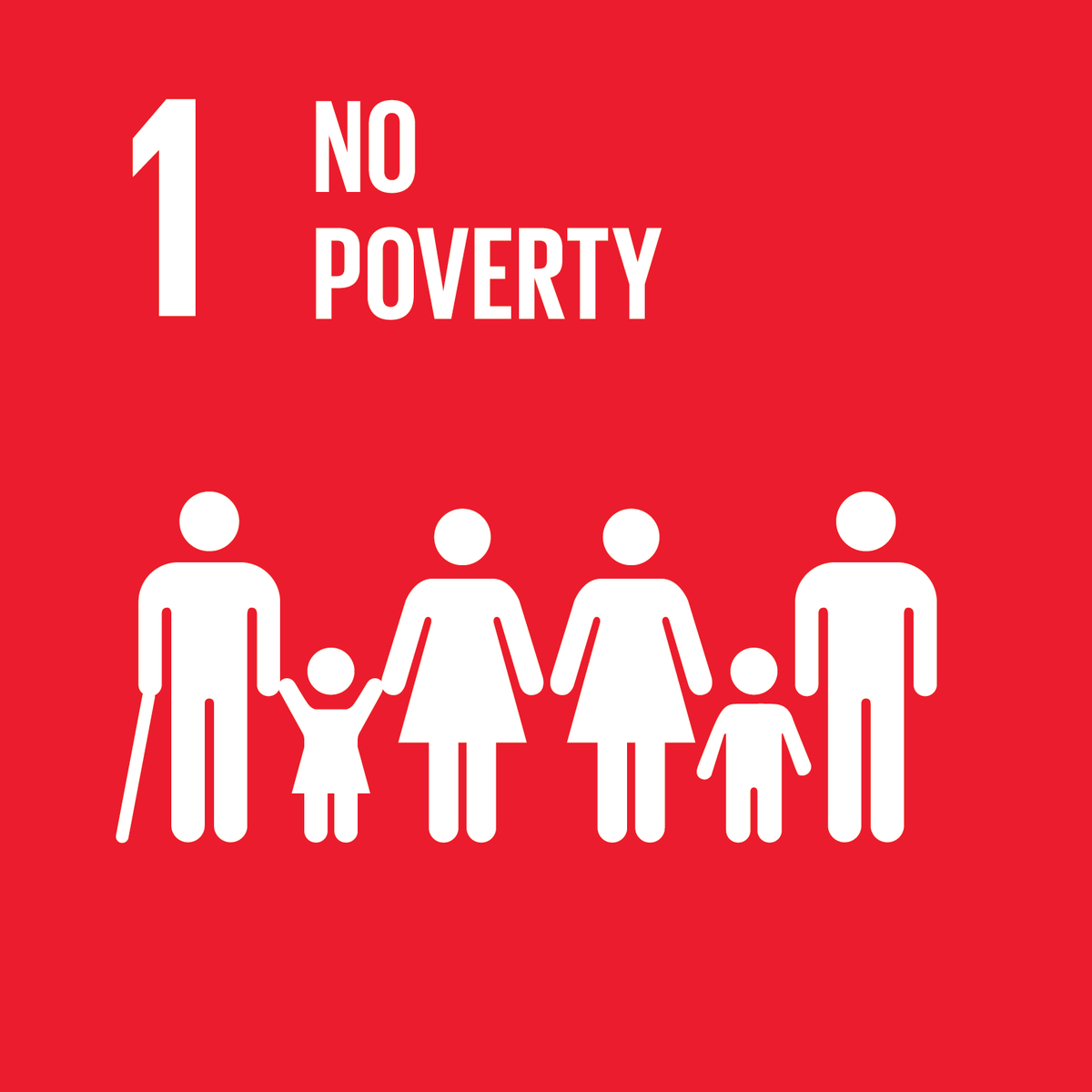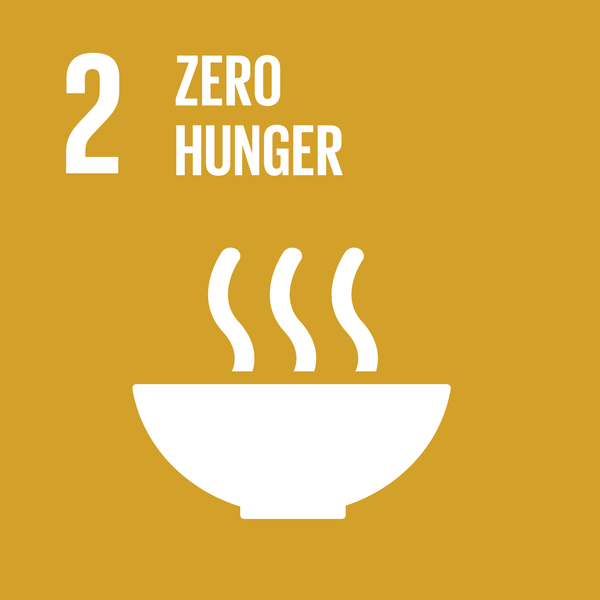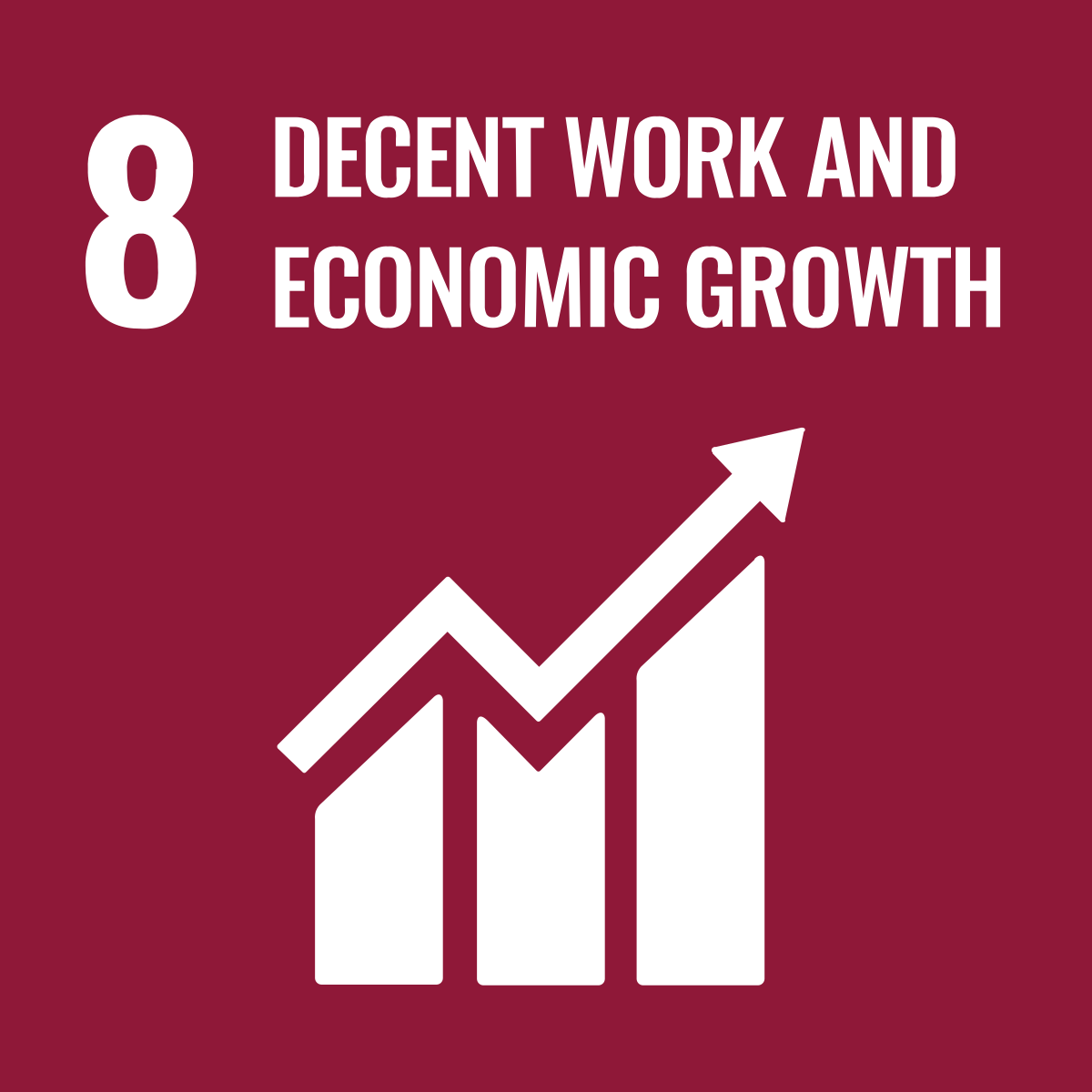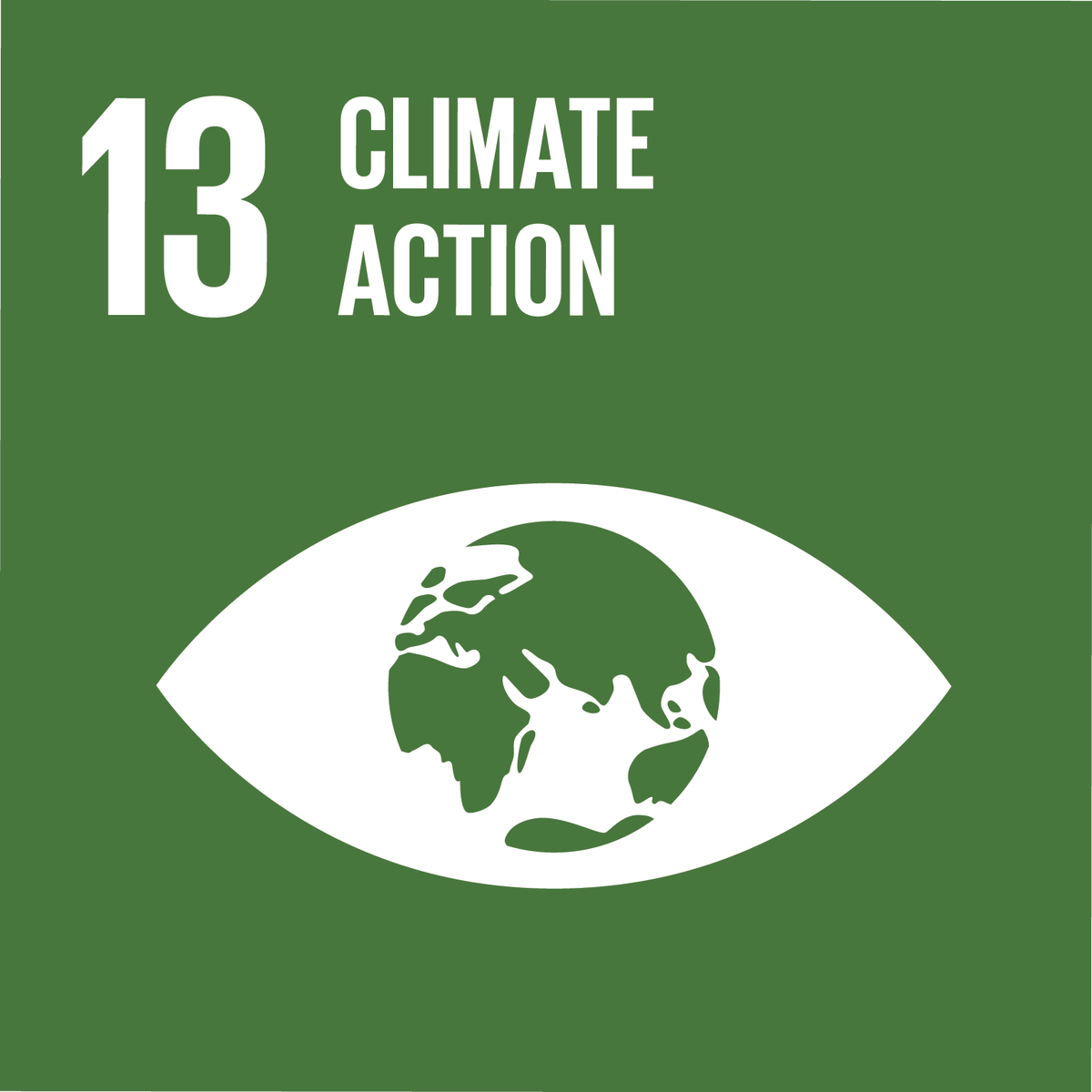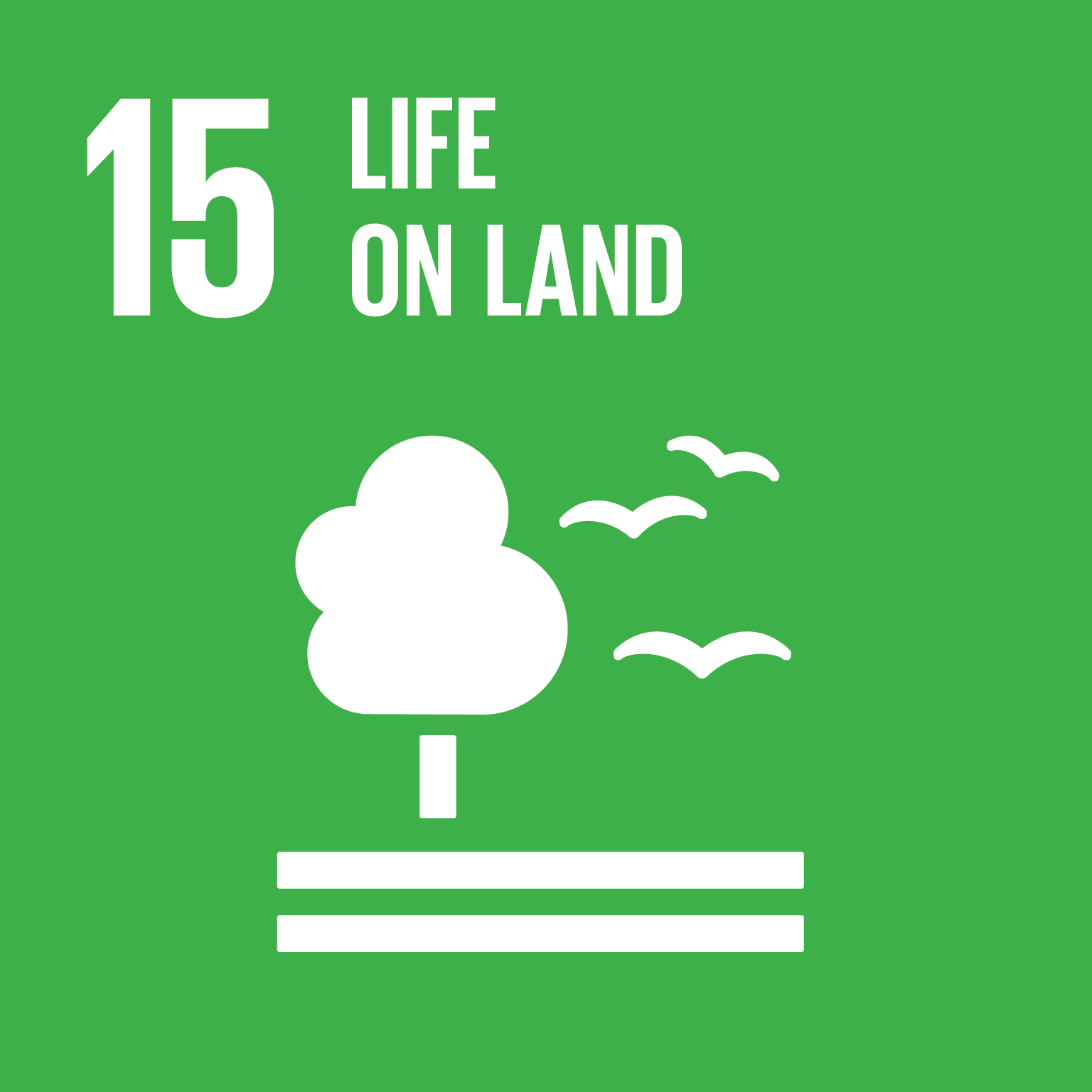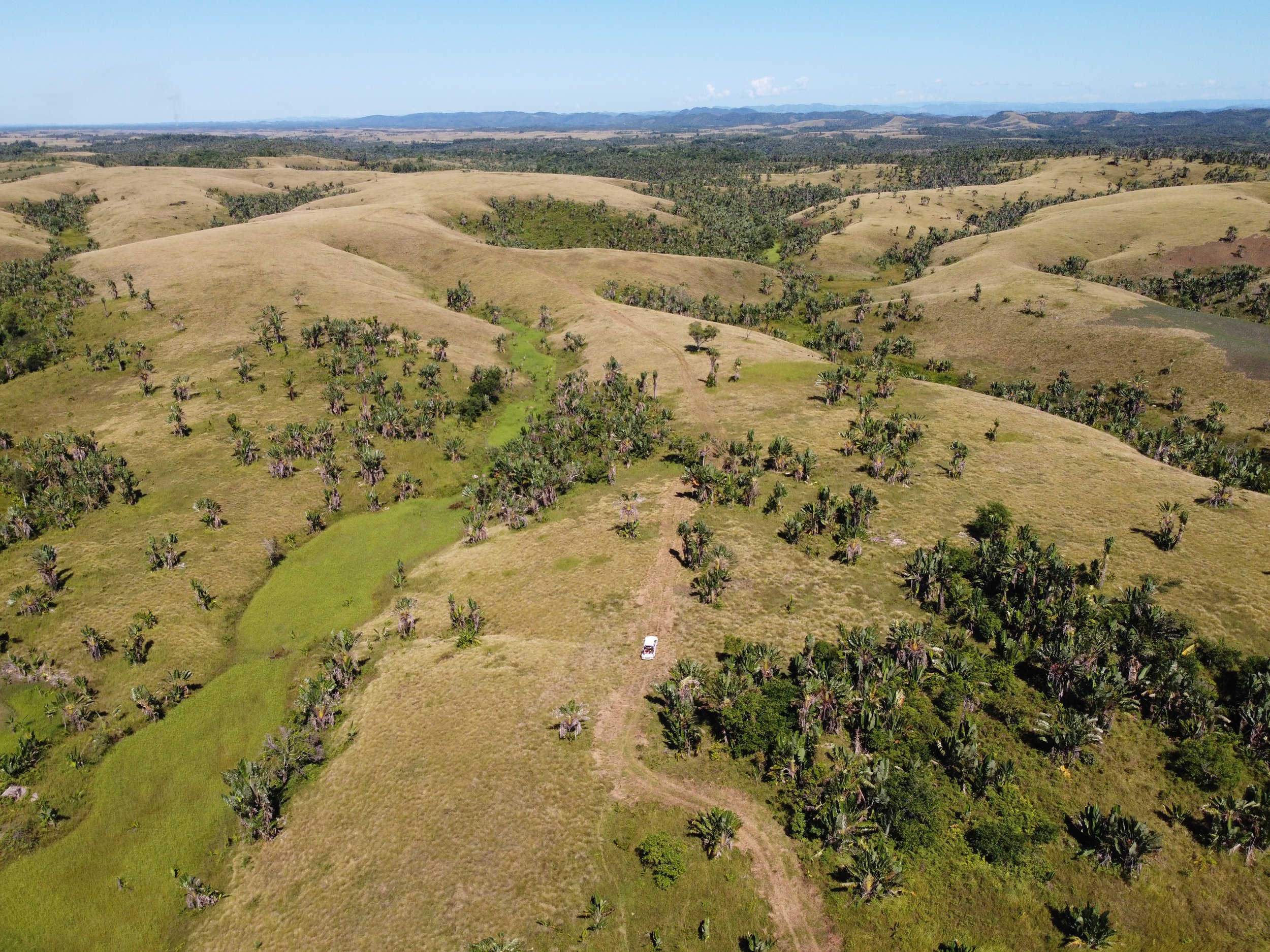
Fañako: Agroforestry and Biofuel Production Project in Madagascar
The “Fañako” agroforestry initiative aims to rehabilitate deteriorated lands by planting 1.5 million Pongamia trees and other fruit trees a 5,500-hectare area in Eastern Madagascar. In addition, the Pongamia trees present many by-products like vegetable oil. Many local employment opportunities will be generated. This scheme takes part in both Avoided Emissions projects and Sequestration Projects.
Madagascar's greatest asset lies in the remarkable diversity of its forests, with 90% endemism and over 14,000 plant species. Yet, the country has experienced a 44% loss of its forest cover in the past 60 years. According to the Global Forest Watch (2021), about 200 000 hectares are deforested every year.
To address these local environmental challenges, Canopy Energies launched at the start of 2023, the agroforestry project of Fañako. It has for main objective to reforest 5,500 ha in the region of Atsinanana of Eastern Madagascar. The heart of the project is a robust agroforestry system allowing the restoration of soil and contributing to the sequestration of more than 600 ktCO2eq over the course of the project, that is 30 years.
The project also provides significant social benefits for local communities, including the creation of 200 permanent jobs and 2,000 seasonal job opportunities, promoting income stability. It stimulates economic activities through the utilization of Pongamia by-products, such as nutshells and Pongamia seed cake, leading to increased income and improved livelihoods. Moreover, the project aims to rehabilitate communal infrastructures like schools and provide medical dispensaries, enhancing the overall socio-economic well-being of the local population.
This project will be certified by VCS (Verified Carbon Standard).
The Pongamia tree (Millettia pinnata) and biofuel production
By focusing on the Pongamia tree, known for its capacity to thrive in harsh environments and for its nitrogen-fixing abilities, this initiative aims to revitalize depleted or unproductive soils. This species also offers numerous additional benefits from its by-products, which stimulates economic activities.
The Pongamia oil is a non-edible, renewable fuel with the capacity to replace fossil fuels like diesel or kerosene. As these are widely used in Madagascar to fuel kerosen leamps found in 80% of households, the reneweable oil geretaed through the Fañako project allows tackling climate change and diminishing greenhouse gas emissions.
Fañako also encompasses an optimized agroforestry system, seeking to mitigate the drawbacks from previous monocultures, including soil depletion, biodiversity loss, and disease spread.
Project Timeline
First visit of the field
First visit of the plantation field in January 2023, and meeting with the Mayor.
First plantations
On the 1st of May 2023, the operations started with the plantation of the first 34 Pongamia trees. They have been ongoing since then.
Starting Ceremony
Before the start of plantations, a ceremony was organized on the 26th of April 2023, with the local team of Canopy Energies, the Mayor, and the chiefs of "Fokontany" (small villages). This event ensured that the local community approved of the nursery's location. It was important to arrange this event before starting the planting process.
Environmental and Socio-economic Co-benefits
No poverty.
The Fañako project provides significant socio-economic co-benefits for local communities. It allows to create 200 permanent jobs and 2,000 seasonal job opportunities for the local workforce, promoting income stability, hence responding to the SDG 1 ‘No Poverty’.
Zero hunger.
In addition to the increased employment opportunities allowing economic growth hence stabilizing food security, this project is an agroforestry project. Fruit trees will also be planted on the plantation zone and part of the benefits will go to the local population, increasing income. It addresses targets of the UN’s Sustainable Development Goal (SDG) 2 ‘Zero Hunger’ by increasing food security.
Clean water and sanitation.
The restoration of forests in Madagascar linked with a robust agroforestry system allows tackling SDG 6 ‘Clean water and sanitation’. More precisely, target 6.6 is addressed as it focuses on the protection and restoration of water-related ecosystems, ‘ including mountains, forests, wetlands, rivers, aquifers and lakes.’
Decent work and economic growth.
The promotion of job creation through this agroforestry, reforestation, and biofuel production project considers SDG 8 ‘Decent work and economic growth’, including 8.6 seeking to promote education and training. This agroforestry initiative promotes knowledge transfer and capacity building, as local farmers and communities can obtain valuable skills and experience in agroforestry techniques and sustainable land management. In addition, communal infrastructures like schools will be rehabilitated and medical dispensaries provided, enhancing the overall socio-economic well-being of the local population.
Climate action.
This reforestation and agroforestry poject allow to sequester 600 ktCO2 over 30 years, consequently contributing to SDG 13 ‘Climate action’. Additionally, Fañako also belongs to our ‘Avoided emissions’ projects as the bio-oil produced by the Pongamia tree can replace non-renewable fuels like diesel or kerosen, widely used in Madagascar, and reducing greenhouse gases emissions. These two essential components of the project therefore allow to mitigate climate change.
Life on land.
The United Nations’ SDG 15 ‘Life on land’ is directly addressed by this reforestation and agroforestry project, and particularly target 15.2 ‘End deforestation and restore degraded forests’, in a common effort to increase reforestation efforts globally.
